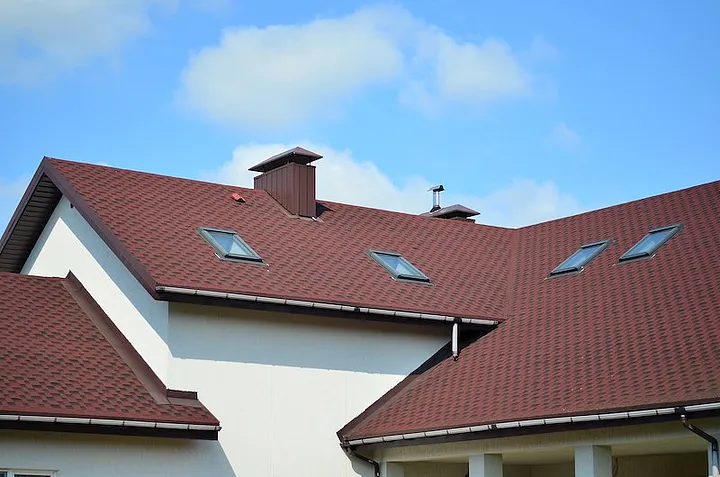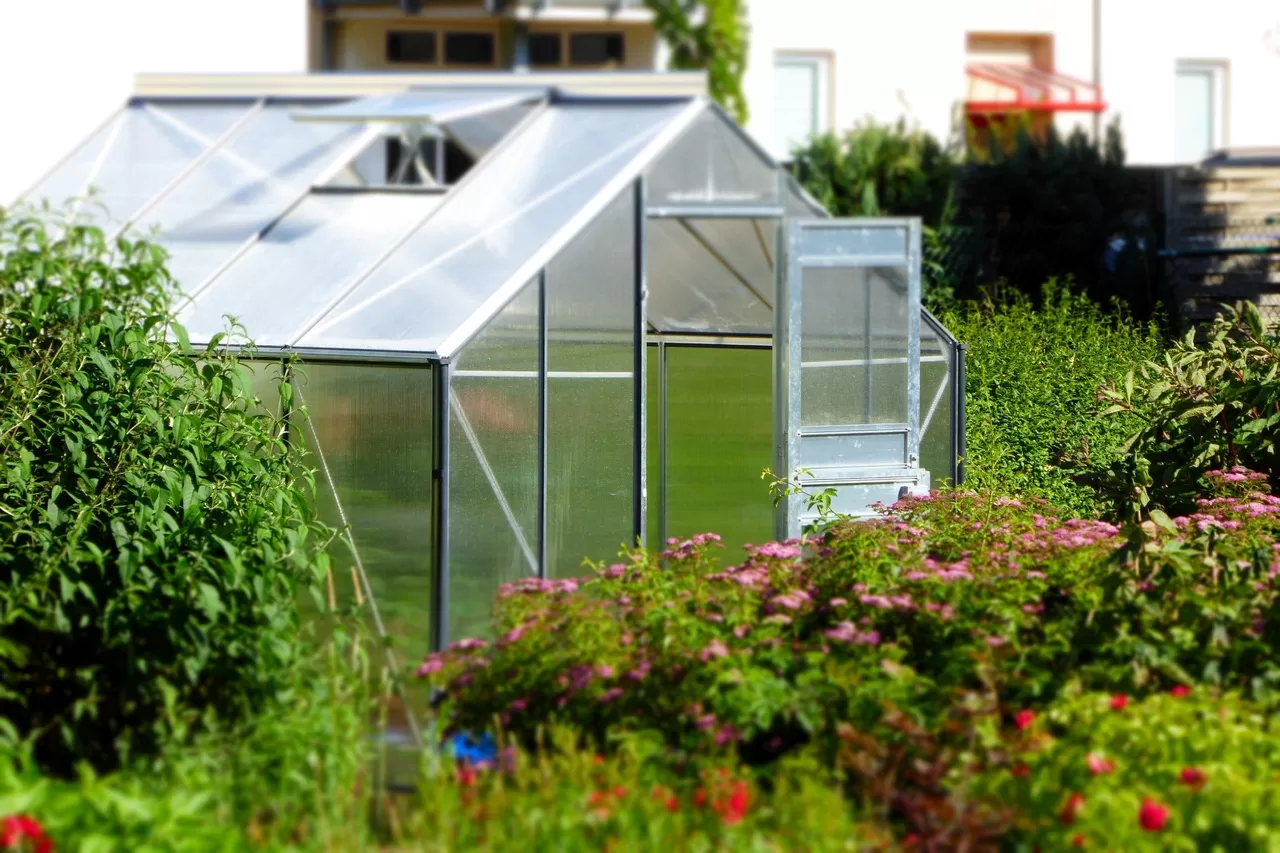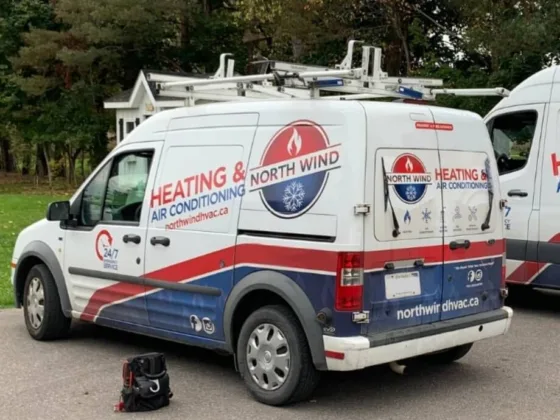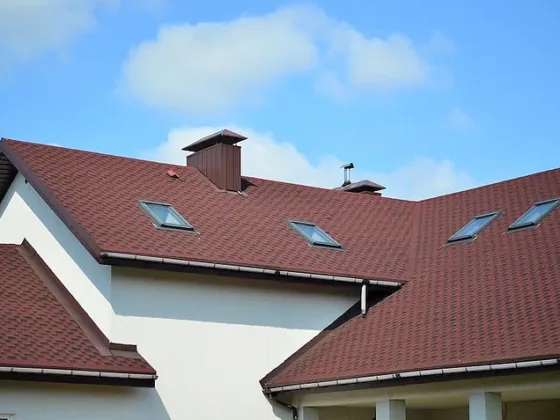Home Improvement
Fresh from the garden
Latest posts
Chilling Out Weather: Coldwater HVAC Services for Residential and Commercial Spaces
Stay cool with Coldwater HVAC services for homes & businesses – expert installation, maintenance, and emergency repairs.
Share
5 Signs You Need Residential Roof Replacement
Your roof plays an important role in protecting your home from the elements, but over time, wear and tear can take its toll. That’s why roof replacement is essential for certain homes that…
Share
Exploring Life in Northwest Arkansas: What to Expect When Moving to the Natural State
Nestled within the breathtaking landscapes of the Ozark Mountains, Northwest Arkansas beckons newcomers with its irresistible charm and abundant opportunities. Whether you’re drawn to…
Share
How to Estimate Basement Renovation Costs: A Guide
Master basement renovation budgeting with our guide on cost estimation, smart planning, and money-saving tips to create your dream space affordably.
Share
Seasonal Home Maintenance Guide: Year-Round Tips for a Healthy Home
Maintaining a home is a year-round responsibility, with each season bringing its own set of challenges and requirements. Whether you do it yourself or bring in a handyman service like Liberty…
Share
DIY or Hire a Pro? Making the Right Choice for Carpet Installation
Installing new carpeting in your home can be an exciting endeavor, but it often comes with a crucial decision: should you tackle the project yourself or hire a professional? This article aims…
Share
Does My Home Garage Door Need Regular Maintenance?
Avoid garage door hassles with regular maintenance. Learn signs, tips, and servicing frequency to ensure smooth operation and safety.
Share
Treehouse Living for Adults: A Luxurious Leap into Nature’s Embrace
In the heart of nature, nestled among the whispering leaves and sturdy branches, a unique living experience awaits. Treehouse living, once the stuff of childhood dreams, has evolved into a…
Share
A Guide to Goornong’s Local Eats and Treats
Nestled in the heart of Victoria, Goornong is a hidden gem waiting to be discovered. This charming community is not just a place with scenic beauty and a peaceful ambiance but also a treasure…
Share
From Drips to Drains: How Plumbing Contractors Can Solve Issues
Solve plumbing woes with expert contractors for leaky faucets, clogged drains, low water pressure, and more. Quick, reliable home solutions!
Share



















































